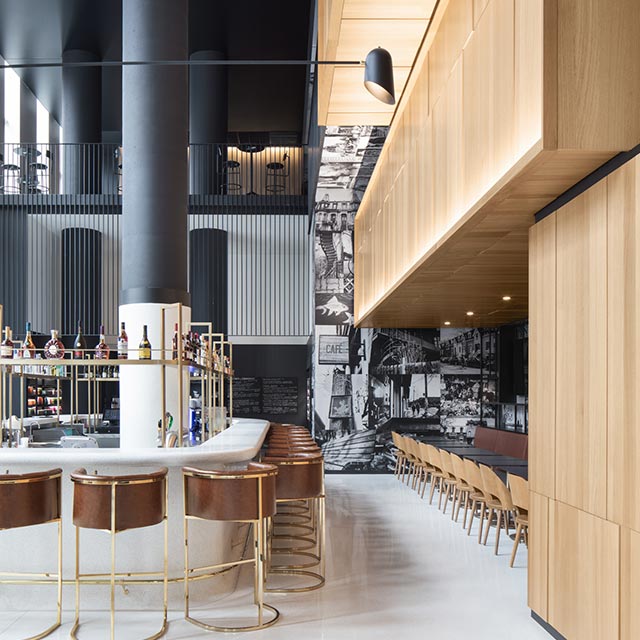
1. Make the reservation process easy
To encourage people who visit your website to book directly through your booking engine, make sure a “Book now” button is easily visible and accessible from all pages of your website. Remember, though, that a booking isn’t guaranteed until the reservation process is complete. According to SalesCycle, 81% of travel reservations are abandoned mid-process. Potential customers often quit because the booking process is confusing, too complicated or too long. To guard against this phenomenon and boost your direct bookings, you must ensure the booking process is fast and easy.
In short, make sure potential clients have the minimum amount of information to provide and the fewest pages to navigate. It’s also a good idea to include clear and visible calls to action that guide the customer through each step of the booking process.
2. Guarantee the best rate
OTAs (online travel agencies) continuously compete with you for bookings. You must convince your potential customers to book their stays directly through your booking engine instead of through an OTA. Why not offer incentives directly to your future customers!? For example, you could offer free Wi-Fi, a room upgrade, free breakfast or even early check-in or late check-out. Note that, for this approach to work, incentives must be highly visible on your booking engine.
3. Offer special packages
Offering exclusive value-added packages on your website could go a long way to convincing potential customers to book directly through your booking engine. Exclusive packages, special promotions and preferential rates are very attractive to website visitors. Such unique features could very well trigger direct bookings.
4. Don’t offer too many options
Too much choice can be stressful and become a hurdle to decision-making. That’s why it’s important to strike the right balance; offer neither too many nor too few options. To leverage direct bookings, keep different room types to a minimum and avoid offering too many packages on your booking engine.
5. Upload relevant images
Photos of your hotel on your website and your booking engine should make a good first impression. These photos offer a unique opportunity to impress potential customers and show them what they can expect from a stay at your establishment. To show your hotel in its best light, make sure the photos convey your establishment’s personality and are relevant, of high quality and taken by a professional photographer.
6. Show some personality
Does your website really communicate the essence of your property? The personality of your property is a unique element that allows you to differentiate yourself from your competitors as it cannot be copied. By showing the personality of your property using words and language that represent it, you connect with your website’s visitors. The authenticity and emotion captured by your potential guests could convince them to book directly from your booking engine.
7. Back up your claims
Don’t expect people who visit your website to believe everything you say. Potential customers are much more likely to believe what your previous customers have to say about your hotel. That’s why it’s essential to include customer opinions on your website. You’ll gain credibility and authenticity and win the trust of your potential customers. By extension, the trust you’ve built will translate to direct bookings through your booking engine.
8. Make the most of remarketing
Remarketing leverages ‘cookies’ technology to target potential customers who have visited your site without booking directly. If a website visitor starts booking a reservation through your booking engine but doesn’t complete it, you may be able to recover their email address and send them special offers to encourage them to follow through on the booking. If you can’t access their email address, you can still target this potential customer through online ad campaigns.
Boosting direct bookings through your booking engine is a challenge you can meet! These eight easy steps will not only help you increase direct bookings, but they will also update your best practices when it comes to online bookings.
 Log in
Log in













